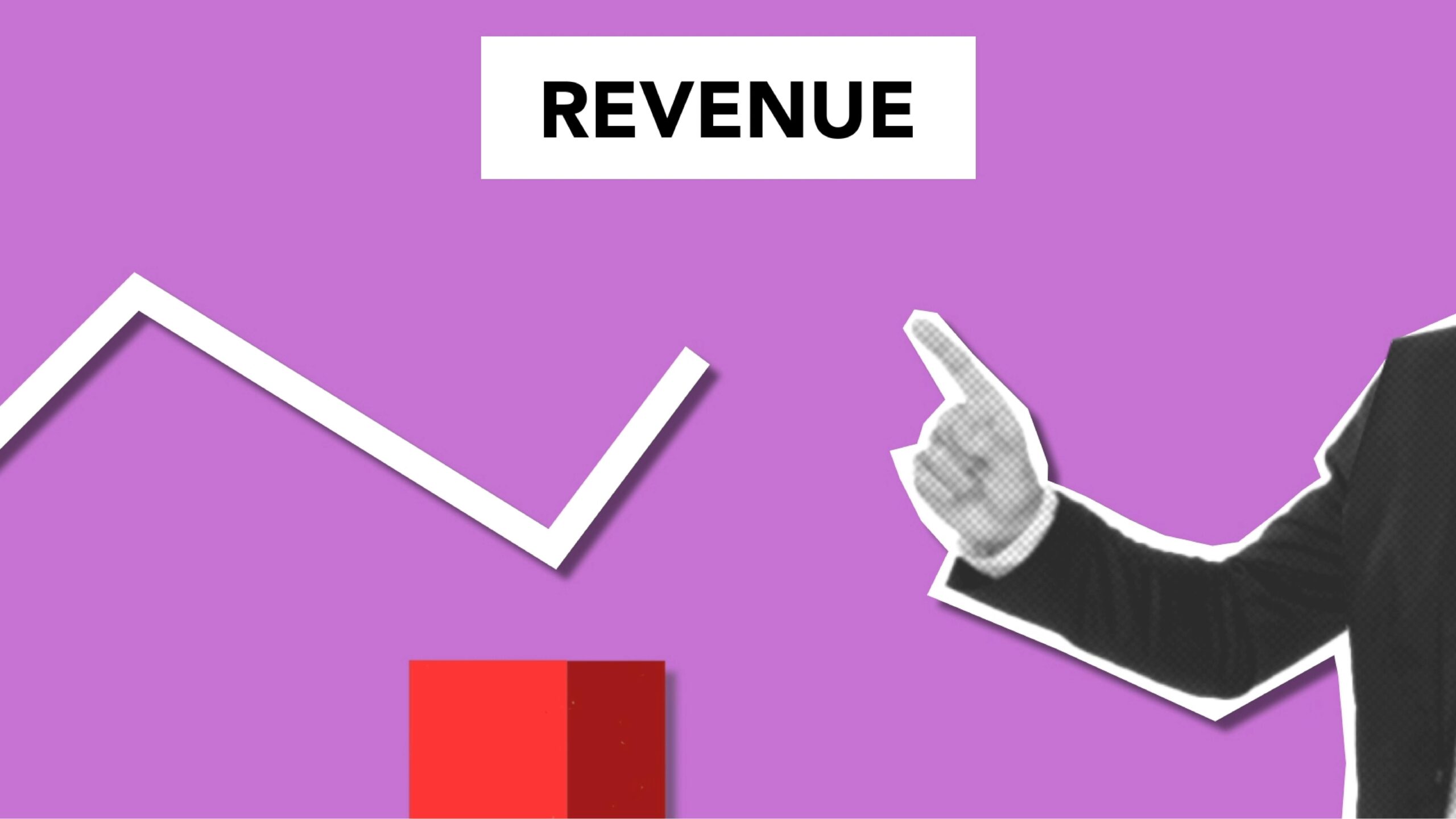Disclosure:
Some of the links on this website are affiliate links, which means that if you click on one of the links and sign up or make a purchase, we may earn a small commission at no additional cost to you. This commission helps support the maintenance and operation of this site.
We only recommend products or services that we believe will provide value to our readers. Our opinions and recommendations are based on our own research and experiences, and we strive to offer honest and unbiased content.
Please note that your support through these affiliate links is greatly appreciated, as it helps us continue to provide quality content and resources.
Thank you for your support!
When starting a new business, one of the most critical decisions you’ll make is choosing your niche. Without a clear niche, your efforts can feel scattered, your marketing can fall flat, and your potential customers may overlook you.
A well-chosen niche sets the foundation for sustainable growth, a strong brand, and meaningful customer relationships.
This guide will walk you through what a niche is, why it matters, and the steps you can take to confidently choose the right one.
What Is a Niche?
A niche is a specialized segment of a broader market. It focuses on a particular group of people with specific needs, preferences, or problems.
Instead of appealing to “everyone interested in fitness,” for example, you might focus on “postpartum fitness programs for new mothers” or “bodyweight workouts for busy professionals.”
Choosing a niche allows you to:
- Speak more directly to your audience
- Tailor your products, services, and messaging
- Differentiate yourself from broader competitors
Why Choosing the Right Niche Matters
- Focuses your marketing: Easier to craft messages that resonate and convert.
- Reduces competition: Specialized offers stand out in crowded markets.
- Builds expertise and trust: Deep knowledge earns credibility faster.
- Improves customer loyalty: Serving a specific group creates a strong, connected community.
- Increases profitability: Specialized solutions can often command higher prices.
In short, a clear niche makes your business more efficient, more appealing, and ultimately more successful.
How to Choose the Right Niche
1. Start with Your Interests and Strengths
Building a business takes time and energy. Choosing a niche you genuinely care about will help you stay motivated. Ask yourself:
- What topics do I enjoy learning and talking about?
- What skills, knowledge, or experience do I already have?
- What communities or industries am I passionate about?
Starting from personal interest can give your business an authentic edge.
2. Research Market Demand
Interest alone isn’t enough—you need a market. Validate your niche ideas by:
- Checking Google search volume (using tools like Google Keyword Planner or Ubersuggest)
- Exploring popular online forums and Facebook groups
- Reviewing Amazon bestsellers or online course platforms in your topic area
- Using Google Trends to see if interest is growing or declining
You want a niche with active demand and commercial potential.
3. Evaluate the Competition
Competition is a good sign—it means there’s a real market. However, you’ll want to assess:
- Who are the major players?
- What are their strengths and weaknesses?
- Where are the gaps you can fill?
If the market looks saturated, consider niching down further. For instance, instead of “pet products,” focus on “eco-friendly dog toys for small breeds.”
4. Define Your Target Audience
The better you understand your ideal customer, the easier it will be to attract and serve them. Define:
- Demographics: Age, gender, location, income, education
- Psychographics: Interests, values, lifestyles, behaviors
- Pain points: What problems or desires do they have?
Creating customer personas can sharpen your content and marketing efforts.
5. Test Your Idea
Before going all-in:
- Launch a small blog, YouTube channel, or social media page to gauge interest.
- Create a landing page offering a free resource and measure sign-ups.
- Pre-sell a digital product or service to test willingness to pay.
Gather feedback early and be willing to adjust based on real-world responses.
6. Stay Flexible
Choosing a niche doesn’t mean you’re locked in forever. As you grow, you might:
- Expand into related niches
- Refine your focus based on audience feedback
- Shift direction entirely based on market opportunities
Flexibility ensures you stay relevant and profitable.
Common Mistakes to Avoid
- Choosing too broad of a niche: You’ll struggle to differentiate yourself.
- Choosing a niche you’re not passionate about: Burnout comes quickly without genuine interest.
- Ignoring market validation: A niche with no paying audience isn’t sustainable.
- Switching niches too quickly: Give your strategy time to show results before pivoting.
Choosing your niche is the first real step toward building a business that is focused, memorable, and profitable. It’s about finding the sweet spot between what you love, what you’re good at, and what the market wants.
Take your time, do your research, and trust the process. A clear, strong niche can set you up for long-term success far faster than trying to serve everyone.

FAQ: Choosing Your Niche
1. What exactly is a niche?
A niche is a specialized segment of a broader market that caters to a specific group of people with particular interests, needs, or problems. Focusing on a niche helps businesses tailor their products, marketing, and messaging more effectively.
2. Why is it important to choose a niche?
Choosing a niche:
- Reduces competition
- Enhances your marketing efficiency
- Establishes you as an expert faster
- Builds stronger customer loyalty
- Increases the potential for higher profits through specialized offerings
Without a niche, businesses often struggle to stand out.
3. How narrow should my niche be?
Your niche should be specific enough to target a well-defined audience, but broad enough to allow for growth. For example, “fitness” is too broad, but “yoga for postpartum moms” is focused and clear.
4. Can I have multiple niches at the same time?
It’s better to start with one niche to build momentum, authority, and clarity. Once established, you can expand into related niches strategically.
5. What if I pick the wrong niche?
It’s common to refine or pivot your niche as you learn more about your audience and market. Starting with a niche provides a direction; adjustments based on real-world feedback are part of healthy business development
6. Should I pick a niche based on passion or profitability?
Ideally, your niche should balance both. Passion will sustain your motivation, while profitability ensures that there is a market willing to pay for what you offer.
7. How can I tell if a niche is profitable?
Look for:
- Strong search demand (using keyword research tools)
- Existing competitors making sales
- Active communities around the topic
- Clear customer pain points or desires
- Premium offerings in the space
Profitability indicators show there’s real buying interest.
8. What research should I do before choosing a niche?
- Conduct keyword and trend analysis
- Study competitors and their positioning
- Explore online communities and forums
- Talk directly with potential customers
- Review product marketplaces (like Amazon or Etsy)
Research helps you validate both the size and seriousness of your target audience.
9. How long should I stick with a niche before making changes?
Commit to consistent effort for at least 3 to 6 months before evaluating. Use customer feedback, content engagement, and sales data to decide whether to continue, refine, or pivot.
10. Can a niche evolve over time?
Absolutely. As you grow, your niche may expand naturally based on market trends, customer needs, and your evolving interests. Many successful businesses started in a small niche and scaled up over time.
Subscribe to our Newsletter for Posts, Updates and More.























Leave a Reply